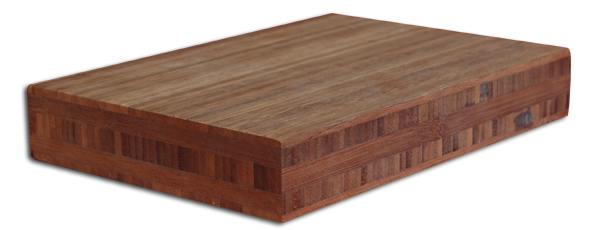BothBest's Product:
NAUF Bamboo plywood
Feb 7, 2026, 18:30 PM
We get started to produce FSC certified bamboo plywood and NAUF bamboo plywood this year as we are more concern about air quality around us.
NAUF: Non-added Urethane Formaldehyde. This is zero formaldehyde emission for plywood.
Recognizing the dangers incurred by the off gassing of Urea Formaldehyde which is found in many glues and adhesives, we have taken steps to ensure the quality of air for environment and earth.
Although costs of these materials are slightly more than the lesser grade alternatives, we feel it provides for a safer environment for everyone. From our factory to the end user's house or office, safety, air quality and the health of others was our first concern in this decision.
All of our bamboo plywood can be NAUF now.

NAUF technology offers advantages beyond safety and health. Manufacturers can lessen their environmental effect by adopting this strategy. Conventional wood adhesives frequently use substances derived from petrochemicals, which increase greenhouse gas emissions and harm the environment. On the other hand, NAUF technology promotes the use of renewable and bio-based materials, which is in line with international initiatives to advance sustainability and lessen dependency on fossil fuels.
Furthermore, the production of NAUF products frequently entails enhanced manufacturing procedures that result in reduced waste. Manufacturers which use NAUF technology typically use more effective manufacturing techniques, which can result in lower overall emissions and energy usage. In addition to helping customers, this all-encompassing approach to production also improves the environment.
The adaptability of NAUF technology is another significant feature. Applications for NAUF materials are numerous and include wall panels, flooring, and furniture & cabinets. This flexibility enables producers to prioritise sustainability and health while meeting the demands of a wide range of consumers. NAUF technology puts producers in a position to successfully satisfy the growing demand for environmentally friendly building materials.
In addition to its practical benefits, NAUF technology also stimulates innovation within the sector. As manufacturers explore alternate binding agents and production methods, they are likely to uncover novel materials and procedures that further increase the performance and sustainability of wood-based goods. For the industry to advance and continue to be sensitive to shifting consumer expectations, this innovative attitude is crucial.
Additionally, implementing NAUF technology might help firms project a favourable image of their business. Businesses that make investments in formaldehyde-free goods show their dedication to environmental, health, and safety stewardship. This proactive posture can boost customer loyalty and attract new clients that prioritize sustainability in their purchase decisions. In an increasingly competitive industry, a good reputation for quality and accountability can set firms apart from their competitors.


 皖公网安备 34180202000049号
皖公网安备 34180202000049号